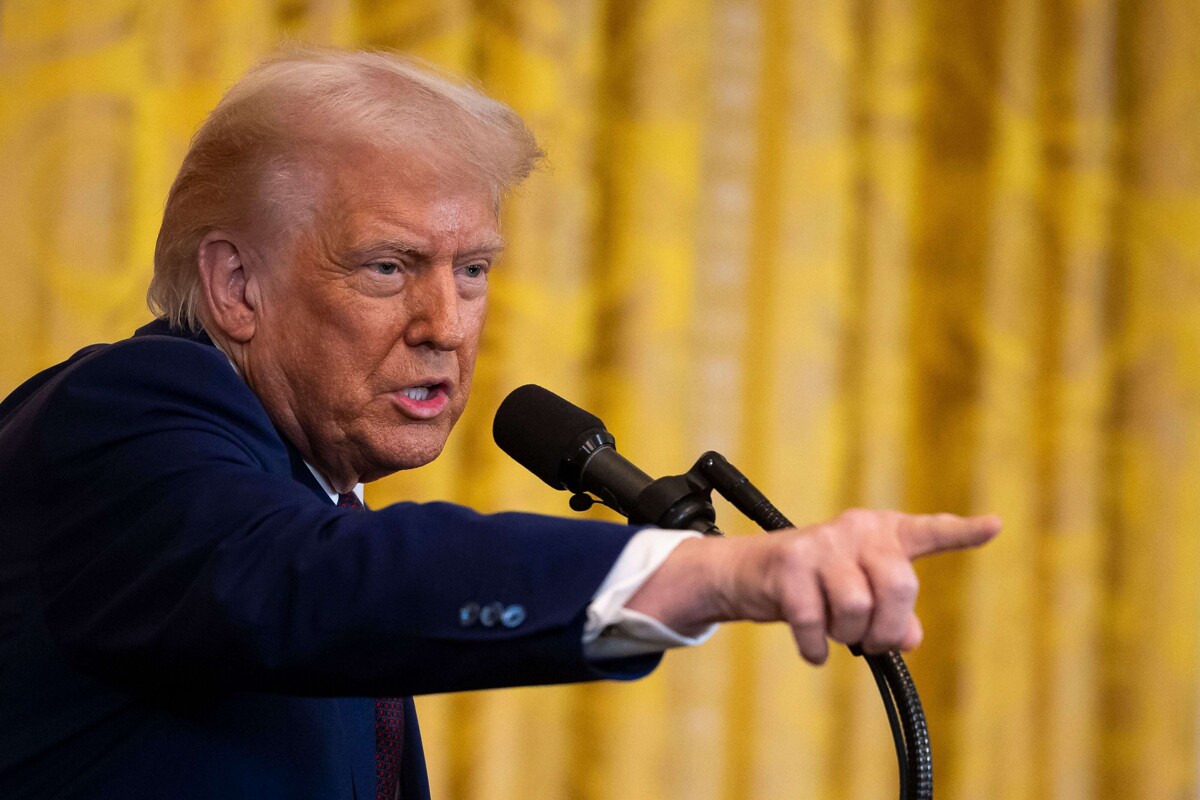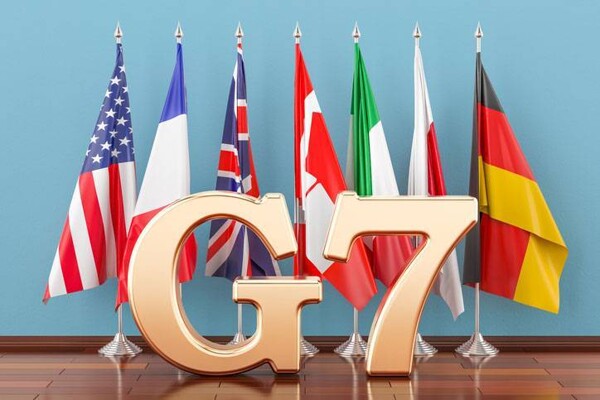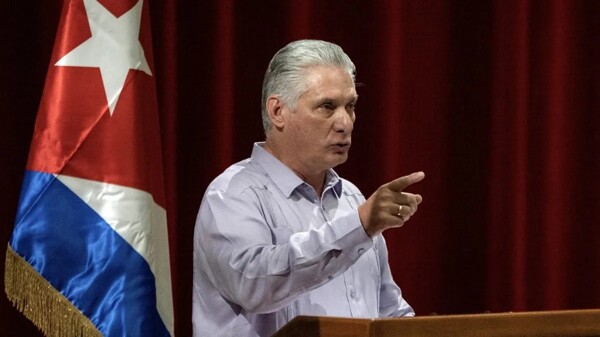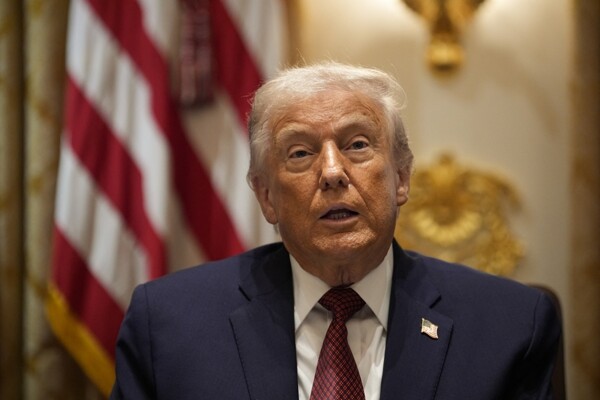
The President of the United States, Donald Trump, imposed a 10 percent tariff on Chinese products at the beginning of February, citing concerns about ingredients used in the production of illicit fentanyl. Kevin Hassett, from Trump's National Economic Council, stated that these tariffs could generate between 500 billion and 1 trillion dollars over the next 10 years.
The White House is considering measures to reduce spending and increase revenue with the aim of maintaining or making permanent the tax cuts enacted in 2017 during Trump's administration. On the other hand, the Chinese government has criticized the actions of the United States, arguing that the tariff increase is unjustified in the fight against fentanyl.
Liu Pengyu, spokesperson for the Chinese embassy in Washington, mentioned that China has provided significant support to the United States in addressing the fentanyl problem and hopes for a stable and mutually beneficial relationship with the country. Regarding the possibility of replacing income tax revenue with tariff revenue, Hassett pointed out that current tariff revenue estimates do not cover the costs of the tax cuts.
For his part, Trump has hinted at the possibility of a trade agreement with China, highlighting his good relationship with Chinese President Xi Jinping. However, Liu argued that tariffs will not resolve internal issues in the United States and could harm American consumers more than curb China's economic development.














